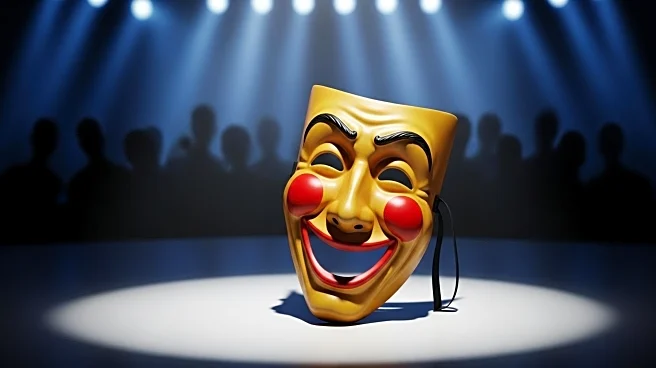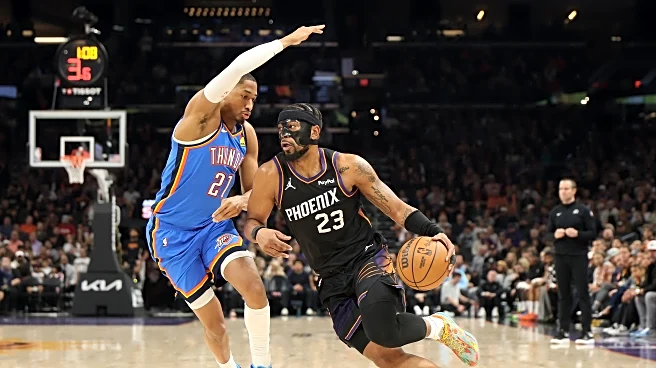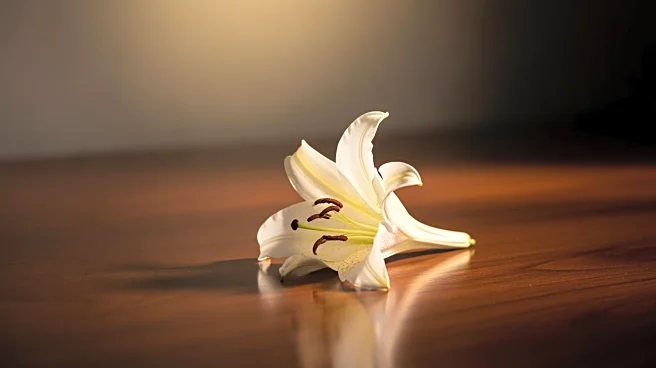What's Happening?
Several prominent comedians, including Pete Davidson, Louis CK, and Dave Chappelle, participated in the Riyadh comedy festival organized by Saudi Arabia's General Entertainment Authority. The festival aimed to enhance Riyadh's status as a cultural destination. However, the event has sparked controversy due to Saudi Arabia's history of censorship and human rights violations. Comedians like Tim Dillon and Jim Jefferies had their invitations rescinded after making controversial remarks. Bill Burr, who performed, confirmed censorship at the event, although he noted the royal family's enjoyment of the show. The festival has drawn criticism from other comedians and human rights advocates, who argue that performing in Saudi Arabia supports a regime known for silencing dissent.
Why It's Important?
The participation of U.S. comedians in the Riyadh festival highlights the ethical dilemmas faced by entertainers when engaging with countries known for human rights abuses. Saudi Arabia's investment in cultural events is part of a broader strategy to diversify its economy and improve its international image. However, critics argue that such events serve to whitewash the country's reputation while it continues to suppress free speech and dissent. The backlash from the comedy community underscores the tension between financial incentives and moral responsibility, as performers weigh the benefits of lucrative offers against the implications of supporting an authoritarian regime.
What's Next?
The controversy may lead to increased scrutiny of entertainers who choose to perform in countries with poor human rights records. Comedians and other artists may face pressure to reconsider their participation in events sponsored by such regimes. Additionally, the backlash could prompt discussions within the entertainment industry about the ethical considerations of accepting offers from governments with histories of censorship and repression. As Saudi Arabia continues to invest in cultural events, the international community may demand greater accountability and transparency regarding the treatment of artists and the content restrictions imposed.
Beyond the Headlines
The Riyadh comedy festival raises broader questions about the role of cultural diplomacy and the power of art to challenge or reinforce political narratives. While some argue that engaging with oppressive regimes can foster dialogue and change, others contend that it risks legitimizing and supporting harmful practices. The festival also highlights the complexities of global entertainment markets, where artists must navigate diverse cultural and political landscapes while maintaining their integrity and values.











